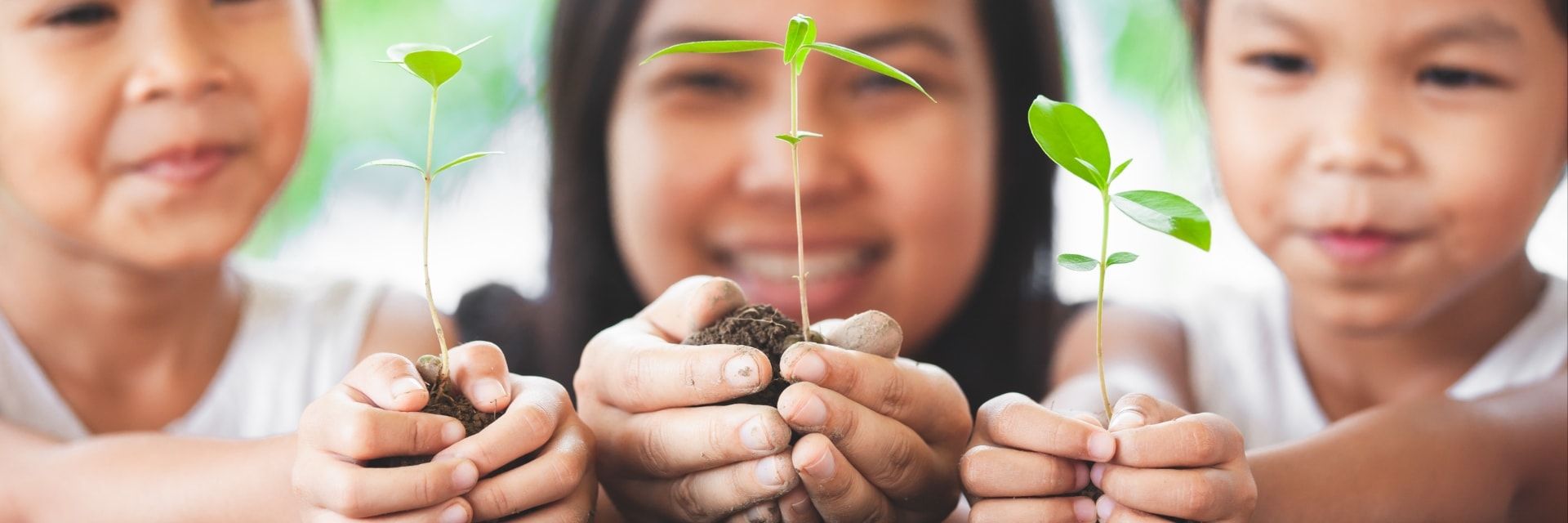Poverty and Food Insecurity, a Humanitarian Ill
"World Food Day is calling for global solidarity to help all populations, and especially the most vulnerable, to recover from the crisis, and to make food systems more resilient and robust so they can withstand increasing volatility and climate shocks, deliver affordable and sustainable healthy diets for all, and decent livelihoods for food system workers."World Food Day, October 16

"It infects my life I want to say affects, but it's both. It affects my life on a daily basis.""I felt like my story should be shared because I'm not the only one going through this. Because I am them, they are me.""But I find that lower-income people tend not to share what's happening with them because of pride. Because of embarrassment. It's not cool to say you're poor. It's not cool to sit with a bunch of people at lunch and you're like, 'wow, I wish I could buy that but I can't. I'll have the soup'.""I don't feel ashamed anymore. I used to feel embarrassed. But I don't want it to be a sad story -- it's an empowering story.""I'm saying this so we can get policy changed. That's why I'm talking."Nicola Moore, singer-0songwriter, peer advocate, Hamilton Community Food Centre"These are all key things [difficulty in finding employment, food poverty] that add up to people being pushed further to the margins and their lives being diminished -- and frankly, the data shows, shortened as a result of being food insecure.""First-person stories, whether you're left, centre or right on the ideological or political pendulum, you can't duck a story that is so clearly showing that people are working overtime to try and make ends meet for themselves and their families.""Food won't solve hunger, income will. If you frame the issue as hunger, you get food responses and you get charity. If you frame the issue as poverty, you get policy responses and you get the right to food. That's where we need to be. It's not about supply."Nick Saul, CEO, Community Food Centres Canada (CFCC)

"I could sit here and get Ontario Works payments or I could do something about it and change my life, which is what I'm trying to do right now. Advocacy and singing are my way out", says Nicola Moore, single mother of three young children and now an avid gardener in a community plot growing cucumbers, green beans, lettuce, squash, tomatoes, herbs and kale. She advises people how to use a tin of chickpeas they are given on trips to the food bank, in a multiplicity of ways.
And she has been featured in a newly released report: Beyond Hunger: The Hidden impacts of Food Insecurity in Canada. The CFCC made a survey of 561 people on low income living across the country. Ms.Moore sticks to "a very tight budget" for food between $120 and $140 weekly. Her youngest is not yet two, and almost half of that budget goes to baby-specific needs (like diapers), with $10 spent on milk per week. "And god forbid my son has a growth spurt and drinks the whole bag at one time, which he's been known to do. That is stressful for me and I have to put on a good face for them. I don't want them to know I'm worrying about that", she allows.
 |
Families
are being provided with food aid by the World Food Programme (WFP)
after heavy monsoon rains flooded parts of Bangladesh in June 2020. |
Before the onset of the pandemic an estimated 4.5 million Canadians, according to a CFCC report, experienced food insecurity. That number increased by 39 percent during the pandemic. Black, Indigenous and northern communities were disproportionately affected. Now, one in seven people is food insecure, their ability to afford sufficient food and concerns of running out without the means to purchase more, afflicting their sense of self-sufficiency and personal security.
Poverty is the acknowledged cause of food insecurity, impacting peoples' health, leading to relationships being severed, diminishing a sense of self-worth, and eating away at opportunities for employment, according to a CFCC study. Food insecurity takes a toll on physical health, according to 81 percent of survey participants; 79 percent saying it impacts their mental health; 64 percent stating it erodes relationships, 69 percent claiming it has a deleterious effect on their children, and 57 percent that it becomes more difficult to find and retain employment.
Low wages and precarious jobs, low social assistance rates, the rising cost of living, along with an aura of colonialism and systemic racism are all cited by the CFCC as issues relating to food insecurity in Canada. And according to Mr. Saul, preferentially the creation of an income floor that people cannot fall below would be an adequate response to an age-old problem of inequality and insecurity leading to poverty. "Making sure everyone has a dignified place at the table, should be a number one social, government-mandated priority."
Indisputable and necessary. On the other hand, in a country as wealthy as Canada, in comparison to Third-World countries, washable, reusable cloth diapers are far less expensive than the 'convenient' and expensive disposable diapers, a saving that could be used for food. Furthermore, aspiring to make a living through writing music is unrealistic; such artistic endeavours are for the young and unencumbered. One cannot expect to 'make a living' through such enterprises, and rare is the person who can. Even low-paid service industry employment will garner a wage, topped up by government social welfare.
 |
| Naima is the Programme Director at Soul Fire Farm, a training farm that aims to help black, indigenous and people of colour have a greater say in, and control over, their food systems. |
Labels: Food Insecurity, Poverty, World Food Day

0 Comments:
Post a Comment
<< Home